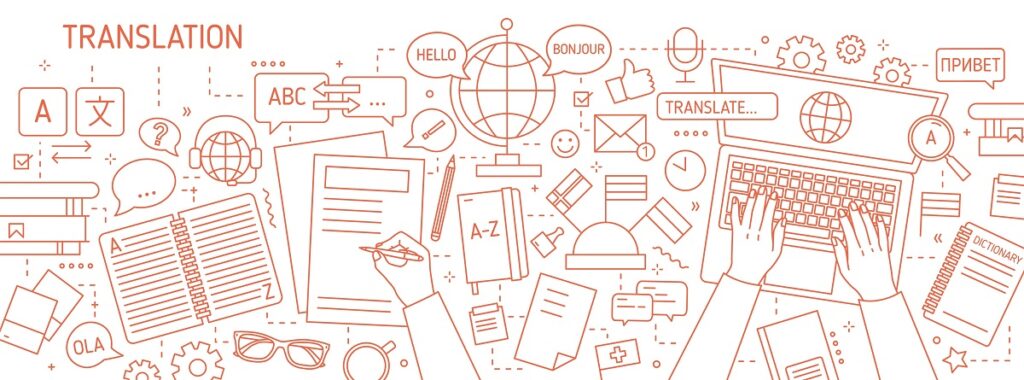There are countless language differences and dialects in the world. Due to general confusion about how languages work, a number of myths exist about language translators. It’s necessary to separate facts from myths before selecting the right translator to work with.

Common Myths About Language Translators
Translators Only Work Word for Word
No translator who exists only translates word for word without considering the full meaning and context of their translations. If they translated their work verbatim, they would have more errors. In addition, some words change meaning after being translated and must be substituted with other words. So, understanding the meaning of the words and sentences is necessary to make correct translations.
Only Certain Types of Language Translators Are Needed
The most widely spoken languages in the world are English, Spanish, French and Mandarin Chinese. Many people think that only translators who translate these languages are needed. In reality, there are many different types of translators that are needed by consumers. Different individuals and businesses have different needs that need to be addressed by translators. In the future, the number of languages that a company needs translated will increase as they acquire more global customers.
Translating Is the Same As Interpreting
Although they perform similar tasks, translators work with written words while interpreters work with spoken words. A translator is not guaranteed to make good oral translations, and an interpreter may not translate well on paper. An interpreter is better qualified to handle remote simultaneous interpretation (RSI) sessions that occur live; however, some translators cannot work simultaneously and will commit many errors when working live. Both of these types of professionals differ in their work settings and need different skills to perform their jobs properly.
Accurate, high-quality translations of your documents requires that you understand how languages and language translators work. Understand the myths that may negatively affect how you approach language translation service companies. Then, find a company that meets your personal or professional needs for legal, financial and business conference translation services.
